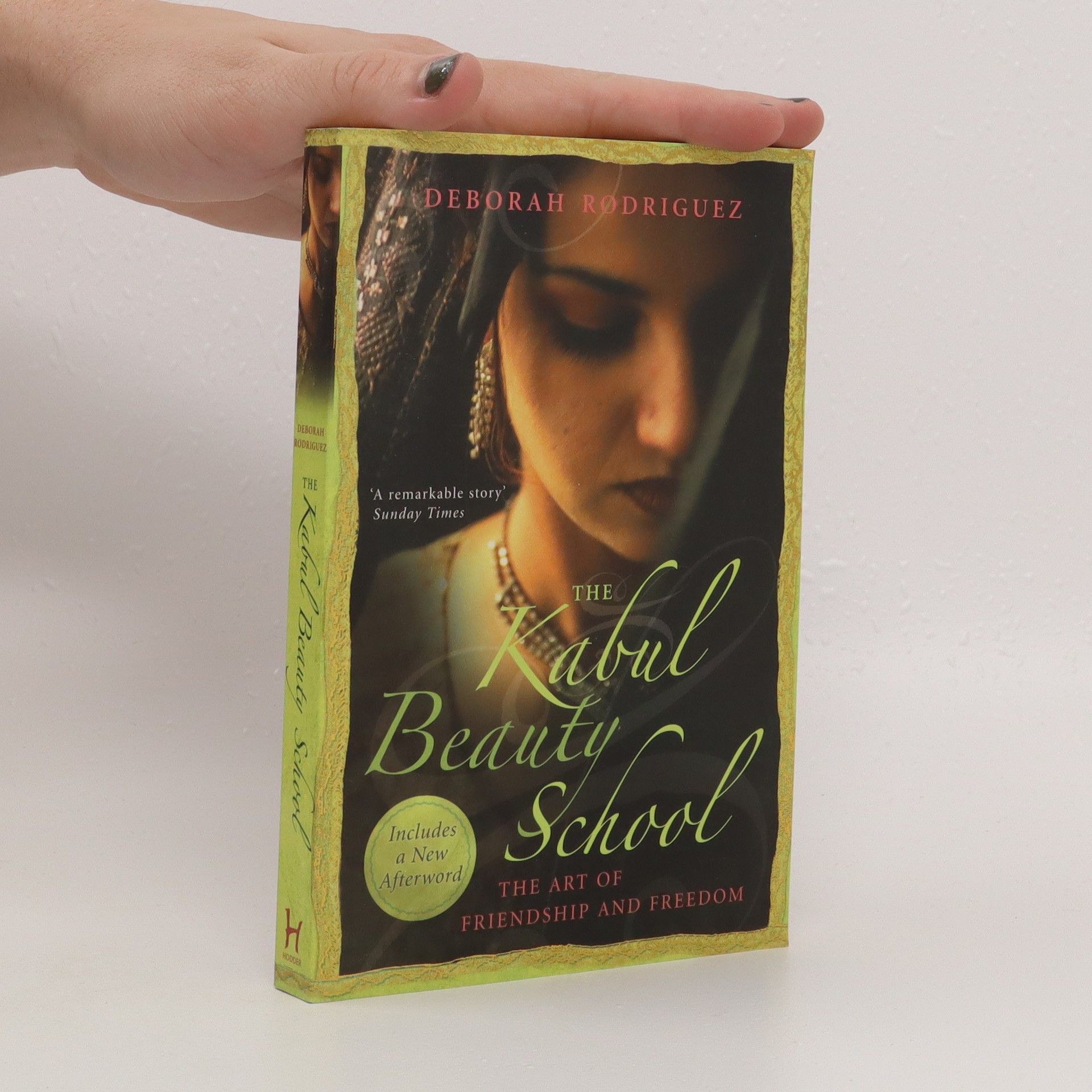Ever since Darwin, science has enshrined competition as biology's brutal architect. But this revelatory new book argues that our narrow view of evolution has caused us to ignore the generosity and cooperation that exist around us, from the soil to the sky. In Sweet in Tooth and Claw, Kristin Ohlson explores the subtle ways in which nature is in constant collaboration to the betterment of all species. From the bear that discards the remainders of his salmon dinner on the forest ground, to the bright coral reefs of Cuba, she shows readers not only the connectivity lying beneath the surface in natural ecosystems, but why it's vital for humans to incorporate that understanding into our interactions with nature, and also with each other. Much of the damage that humans have done to our natural environment stems from our ignorance of these dense webs of connection. As we struggle to cope with the environmental hazards that our behaviour has unleashed, it's more important than ever to understand nature's billions of co-operative interactions. This way, we can not only stop disrupting them, but rely on them to renew ecosystems. In reporting from the frontlines of scientific research, regenerative agriculture, and urban conservation, Ohlson shows that a shift from focusing on competition to collaboration can not only heal our relationships with the natural world, but also with each other.
Kristin Ohlson Boeken



Sweet in Tooth and Claw: Stories of Generosity and Cooperation in the Natural World
- 384bladzijden
- 14 uur lezen
"For centuries, people have debated whether nature is mostly competitive--as Darwin theorized and the poet Tennyson described as "red in tooth and claw"--or innately cooperative, as many ancient and indigenous peoples believed. In the last 100 or so years, a growing gang of scientists have studied the mutually beneficial interactions that are believed to benefit every species on earth. This book is full of stories of generosity--not competition--in nature. It is a testament to the importance of a healthy biodiversity, and dispels the widely accepted premise of survival of the fittest"--Provided by publisher
The Kabul Beauty School : the art of friendship and freedom
- 288bladzijden
- 11 uur lezen
In the tradition of Reading Lolita in Tehran, a look at the lives of women in Afghanistan through the lens of The Kabul Beauty School.